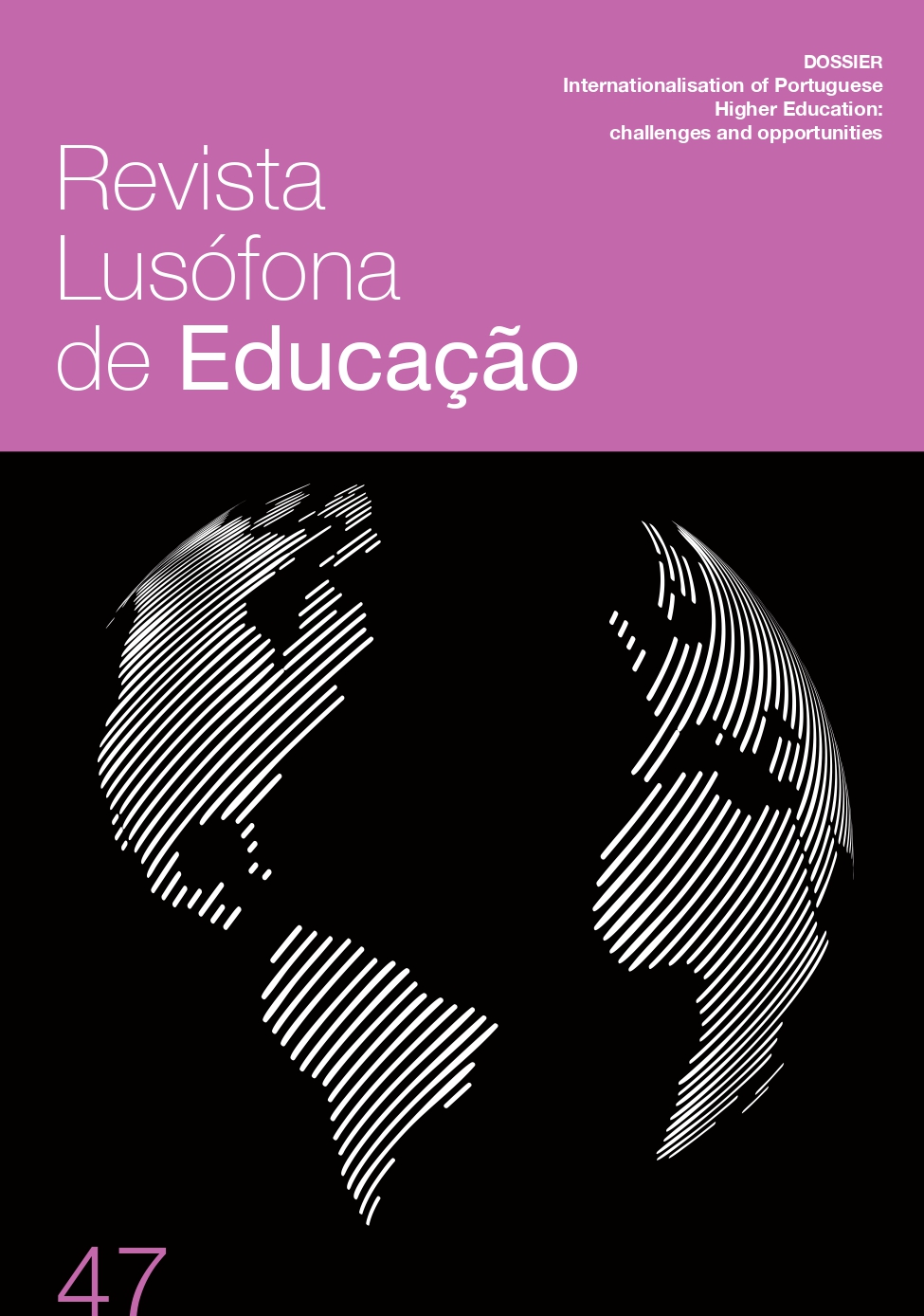Towards language-friendly higher education: language policy development at the University of Aveiro, Portugal
Resumo
It is clear that language-friendly and language-skilled higher education institutions are essential if an internationalisation is to be achieved which promotes the well-being of the academic community as a whole and the inclusion and success of all students. However, this premise poses many challenges for institutions, particularly those which are not located in the mainstream of the Anglophone higher education sphere. In such contexts, an internationalisation strategy which relies on the adoption of English as the medium of instruction and research is not sufficient to meet local and international demands. Adding to a growing body of research carried out in a wide range of higher education contexts, this article explores the importance attributed to internationalisation and language strategies by the University of Aveiro in its institutional policy documents in the period 2010 – 2018. It finds that languages are an important consideration in the institution’s internationalisation strategy which seeks a balance between two linguas francas, Portuguese and English, and recognises the contribution of languages to institutional life and graduate profiles.
Keywords: higher education institutions; internationalisation; globalisation; language policy; inclusion and well-being.
Downloads
- Os autores e as autoras conservam os direitos de autor, sem quaisquer honorários, e concedem à revista o direito de primeira publicação, com o trabalho simultaneamente licenciado sob a Licença Creative Commons CC-BY - Atribuição 4.0 Internacional, a qual permite que outros compartilhem (copiar e redistribuir o material em qualquer suporte ou formato) e adaptem (remixar, transformar e criar a partir do material para qualquer fim, mesmo que comercial), com reconhecimento de autoria e publicação inicial na RLE;
- Os autores e autoras têm autorização para assumir contratos adicionais separadamente para distribuição não-exclusiva da versão do trabalho publicada nesta revista (ex.: depositar em repositório institucional ou como capítulo de livro), com reconhecimento de autoria e publicação inicial na RLE;
- Os autores e autoras têm permissão e são estimulado/as a publicar e distribuir o seu trabalho online (ex.: em repositórios institucionais ou na sua página pessoal), já que isso pode aumentar o impacto e a citação do trabalho publicado (Veja O Efeito do Acesso Livre).








